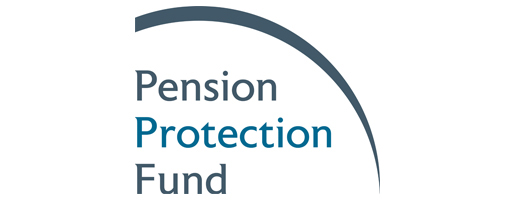The combined reserves of the largest 40 charities in England and Wales that sponsor defined benefit (DB) pensions schemes fell by £6.5bn from 2021 to 2022, analysis from Hymans Robertson has found.
The report, DB pension funding in the charitable sector, found that the largest charities in England and Wales had combined reserves of £39.5bn as of March 2022, compared to £46bn in 2021.
However, the aggregate DB liabilities of the charities remained constant at around £9.5bn.
The average funding level of the biggest charities’ pension schemes was 91 per cent and 12 charities had a funding level over 100 per cent, although the report stated that there was “a fall in average funding level”, which it attributed to a drop in scheme assets.
The British Council had the best funding level at over 180 per cent, according to the analysis, followed by The British Red Cross’s Society’s scheme with a funding level of over 120 per cent.
Reflecting on the findings, Hymans Robertson head of pensions consulting for charities, Heather Allingham, suggested that the combined problems could put charities’ pensions schemes in a challenging position.
In light of this, Hymans Robertson urged charities' DB trustees to review their covenant interaction, consider the impact of Covid-19 on their scheme, as well as impact of high inflation, and review their approach to GMP equalisation.
Allingham stated: “Ongoing communication on a few key things would help manage future pressures and maintain the delicate balance of a good level of charitable support and the ability to fund pension deficits.
“First, starting an open dialogue about immediate challenges as well as longer-term risks will help charities and pension scheme trustees to build a shared understanding of the challenges to income, reserves and therefore the implication on covenant ratings and available cash.
“Conversations about covenant leakage should also be included here, and although this is less of an issue for charities than for corporates, it will help to ensure the pensions scheme is treated equitably alongside other stakeholders.
“Additionally, looking at ways to increase scheme security, such as giving the pension scheme a charge over a charity asset or introducing a contingent contribution structure to support more investment risk or lower cash contributions, is one way to manage during this time."
Allingham also clarified that despite the current difficulties facing the sector, there are some things, like inflation, that may not have as detrimental an impact on some charities’ pensions schemes as others.
"High inflation could feel like bad news, however pension increases, whether RPI or CPI-linked, are usually capped at 5 per cent or 2.5 per cent on a year-on-year basis," she explained. "So, schemes that have hedged against uncapped RPI, could see a beneficial impact on their funding positions.”
Latest News
-
OBR analysis reveals potential impact of salary sacrifice changes
-
Strong funding levels continue as endgame landscape reshaped by innovation
-
Harwich Haven Authority Pension Fund finalises £45m buy-in with Royal London
-
GAD publishes LGPS gender pension gap reporting guidance
-
DB scheme funding levels continue to improve heading into 2026
-
News in brief - 6 February 2026
Private markets – a growing presence within UK DC
Laura Blows discusses the role of private market investment within DC schemes with Aviva Director of Investments, Maiyuresh Rajah
The DB pension landscape
Pensions Age speaks to BlackRock managing director and head of its DB relationship management team, Andrew Reid, about the DB pensions landscape
Podcast: From pension pot to flexible income for life

Podcast: Who matters most in pensions?

In the latest Pensions Age podcast, Francesca Fabrizi speaks to Capita Pension Solutions global practice leader & chief revenue officer, Stuart Heatley, about who matters most in pensions and how to best meet their needs
© 2019 Perspective Publishing Privacy & Cookies










Recent Stories